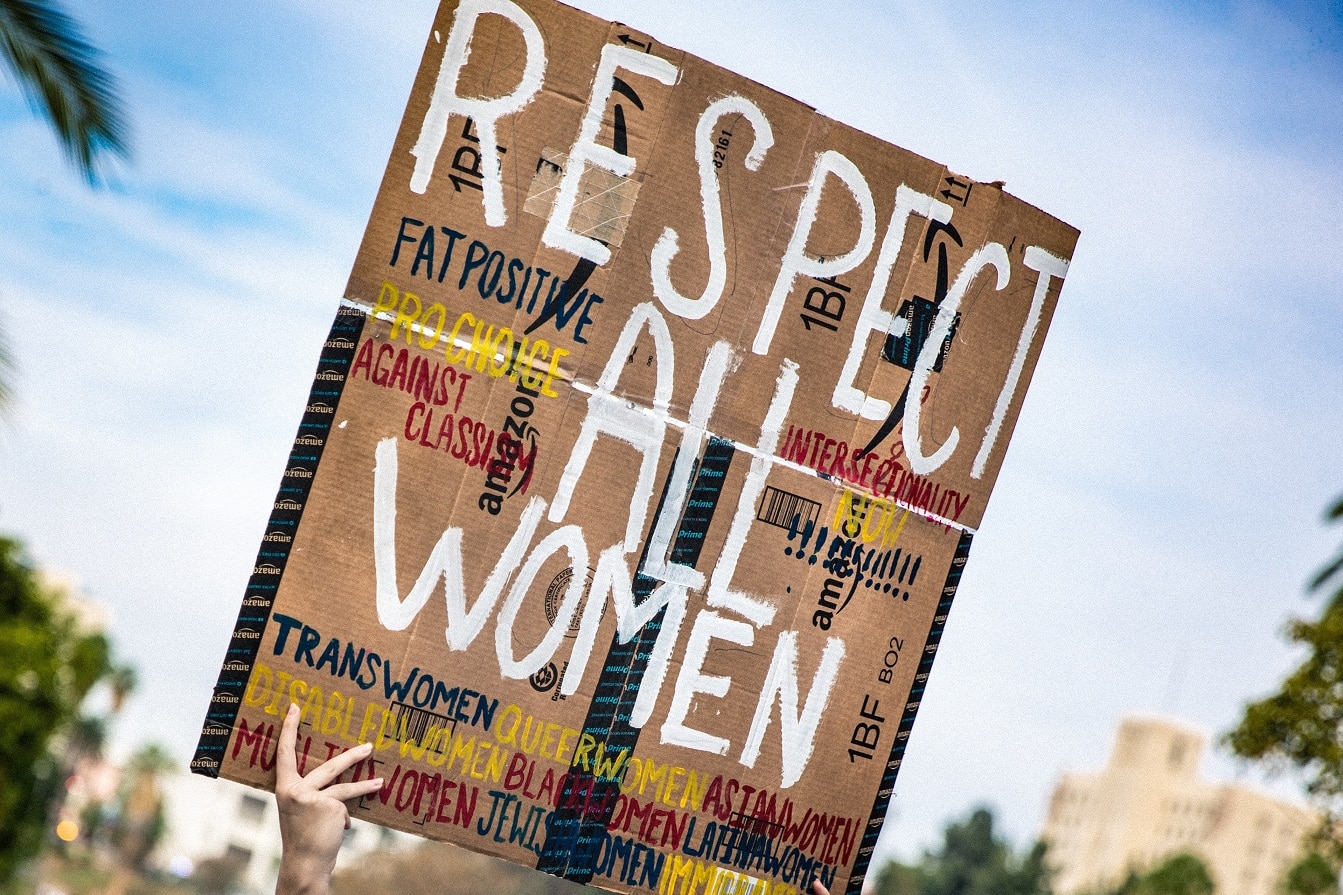The Council of Europe is celebrating this year the 10th anniversary of the ‘Istanbul Convention’ aimed to end violence against women and domestic violence. We seize the momentum to reiterate our call on the European Union to ratify the Convention, as this instrument is an important concrete step forward in recognising and tackling violence against older women.
On 13 June 2017, the Maltese Presidency and the European Commission, represented by Ms. Věra Jourová, Commissioner for Justice, Consumers and Gender Equality, signed the Council of Europe Convention on Preventing and Combating Violence against Women and Domestic Violence (Istanbul Convention) on behalf of the EU in Strasbourg. That day, the EU sent a strong political message, recognising women’s experiences of gender-based violence. However, five years later, the EU has still not ratified the Istanbul Convention, despite Civil Society Organisations mobilisation, including Age Platform Europe (AGE).
Why ratifying the Istanbul Convention for the EU important?
On the occasion of the International Day for the Elimination of Violence against Women on 25 November 2016, AGE joined more than 25 other European civil society organisations to call on the European Union to ratify the Istanbul Convention. Five years later, the EU has still not ratified the Istanbul Convention, despite strong commitment from the Civil Society Organisations.
The Istanbul Convention is a human rights treaty that establishes legal standards to ensure women’s rights to be free from violence. 47 member States negotiated the European legal instrument to adopt it on 07 April 2011 by its Committee of Ministers. On 11 May 2011, the Convention opened for signature and entered into force on 01 August 2014, following its 10th ratification.
AGE is part of the European Coalition to End Violence against Women and Girls, led by the European Women’s Lobby. In a factsheet, we explained why it was important for the EU to ratify the Istanbul Convention. Ratifying the Istanbul Convention will notably coordinate policies across the EU, make the EU accountable through the monitoring mechanism by the Group of Experts on Action against Violence against Women and Domestic Violence (GREVIO), both at national and European level.
The Istanbul Convention is the first legally binding treaty in Europe that recognises and criminalises different forms of violence against women and girls, both physical and psychological. In addition, it is the first international treaty to contain a definition of gender as a socially constructed category that differentiates between “women” and “men” according to socially assigned roles, behaviours, activities and attributes. It is thus an important treaty to ensure older women live free from violence.
Why is the Istanbul Convention important for older women?
Despite the term ‘age’ being mentioned only four times in the Istanbul Convention, the provisions of the Convention apply in protecting the human rights of older women. Ratifying the Istanbul Convention would be an important concrete step forward in recognising and tackling violence against older women. If elder abuse does not affect older women only, older women face multiple and intersectional forms of abuse. In a recent UN Advocacy Brief on Older Women, the UN explains how ageism intersects with gender-based discriminations, where the combination of ageism and sexism has a unique and aggravating effect on discrimination and inequality. Thus, older women have faced structural barriers, inequalities, and discriminations throughout their life course.
In addition to this structural aspect of gender-based violence, older women are less likely to report violence due to disability, confusion, frailty, pressure from the perpetrator or the family or because of limited access to external support.
AGE will continue advocating towards the ratification of the Istanbul Convention, joining forces with other NGOs, notably the European Women’s Lobby. Living free from violence is a human right and it is time for the European Union to act.
For more information, you may contact Apolline Parel, apolline.parel@age-platform.eu







